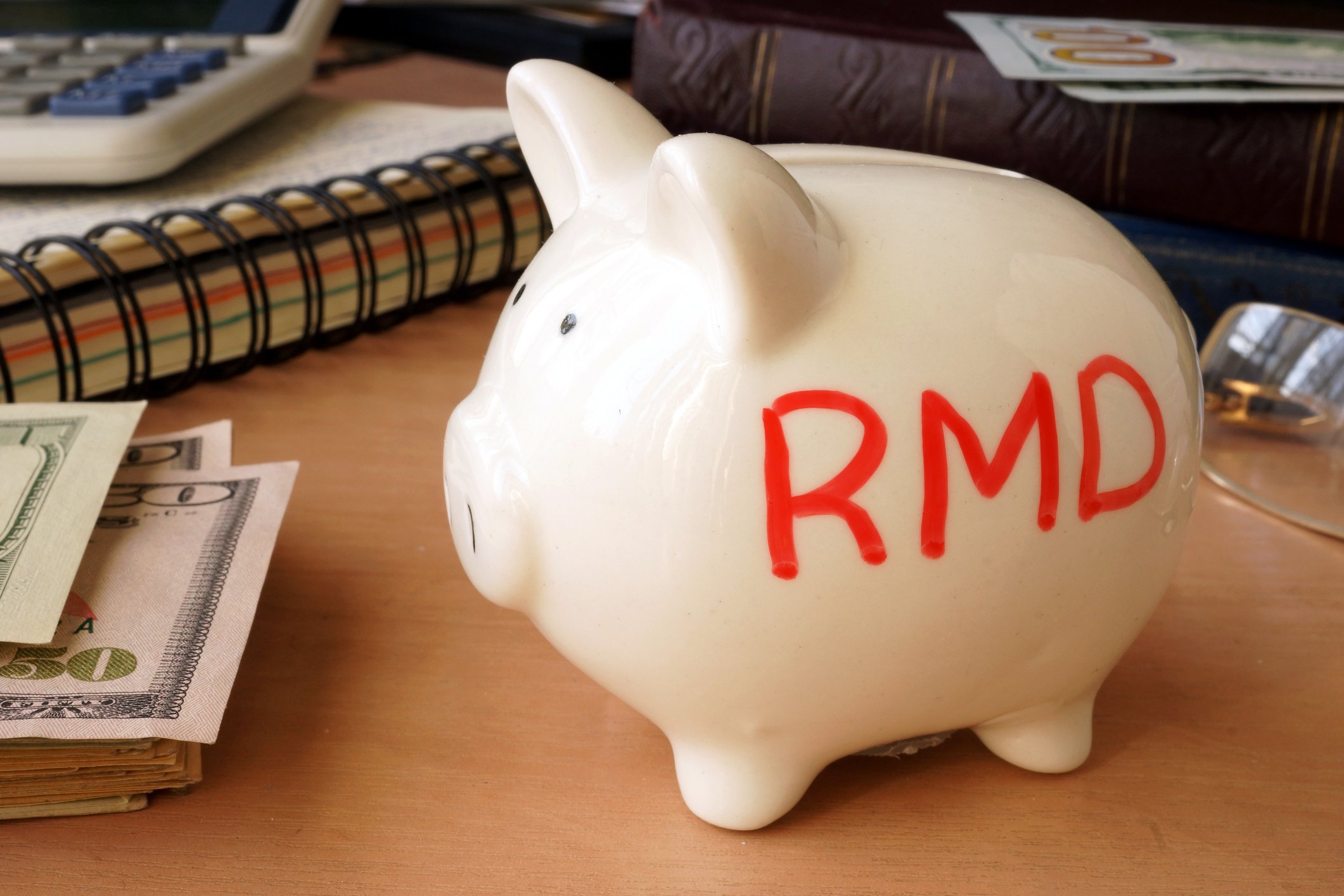Planning for retirement means thinking about the various expenses you'll face as a senior and how you'll pay for them. Your retirement income may come from several sources, a substantial one of which is likely to be Social Security. And to that end, you have some options.
Your Social Security benefits are calculated based on your earnings during your 35 highest-paid years in the workforce, but the age you choose to claim them at will impact your ultimate monthly payout in retirement. If you file for benefits at full retirement age, which is ether 66, 67, or somewhere in between, depending on the year you were born, you'll get the exact monthly benefit you're entitled to based on your wage history. If you file before full retirement age -- you can do so starting at age 62 -- your benefits will be permanently reduced. And if you delay benefits past full retirement age, you'll boost them by 8% a year, up until age 70.

Image source: Getty Images.
Though 70 isn't a particularly popular age to sign up for Social Security, some workers specifically plan to file at that point to snag the maximum boost in benefits they can get. And that's a smart thing to do, especially if you're not confident in your savings level going into retirement.
At the same time, you may not want to bank too heavily on plans to claim Social Security at 70 for one big reason: You may not get that option.
Why filing for Social Security at 70 doesn't always work
You might assume that you'll be able to sit tight and wait to claim Social Security at age 70. But what if you're forced to retire sooner than expected? It happens to 48% of seniors, according to a recent survey by the Employee Benefit Research Institute, for reasons such as health issues and late-in-life job loss. And if there's one thing the COVID-19 crisis has taught us, it's that plans and circumstances can change on a whim. As such, you can plan to file for Social Security at 70, but you should also plan for the fact that that may not happen — namely, by saving consistently for your senior years so you're not falling back on a higher monthly benefit that you may not end up collecting.
Imagine you let yourself get lax with retirement savings because you assume you'll compensate with a higher Social Security benefit. Well, what happens if you're forced to leave your job at 65? At that point, you could end up claiming benefits early, not late. If you don't have a healthy amount of retirement savings, you could end up struggling throughout your senior years.
That's why your plan to delay Social Security should not serve as an excuse to ignore your savings. Rather, start funding your IRA or 401(k) from as young an age as possible. That way, if your plans to claim Social Security at 70 don't come through, you'll have funds to fall back on in the absence of a boosted benefit, and you won't risk struggling through your senior years.





